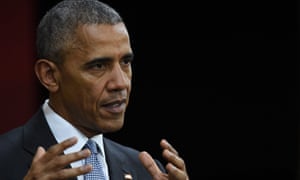
The article focuses on the recent controversial issue of fake news during the US election and the EU referendum and how the circulation of these fake news resulted in negative outcomes. The article creates an alternative perspective on the fact that a lot of people have been criticising social media as the reason for the increase in fake news being generated, which Greenslade argues is not true. He does however give credit to the theory that social media allows for greater and faster spread of the fake news.
- "Last week, the students’ union at City, University of London passed a stupid motion banning the Sun, Daily Mail and Daily Express from the campus"
- None of the 500 or so students currently studying journalism at City voted for the motion.
I personally agree with Greenslade, it is not the social media outlets that are actually creating the fake news, but the power of voting amongst users which allows greater spread and views for these fake news websites. However over exaggerated a news story might be it will be a lot more likely to pick up more hit counters or likes and spread, which means that the truth would be buried amongst the lies a lot quicker than it would for example traditional media sources.
No comments:
Post a Comment